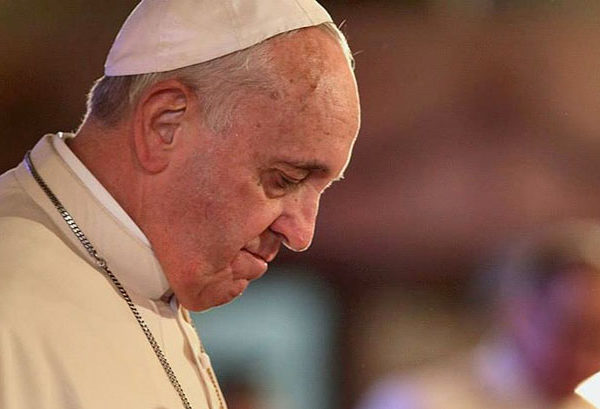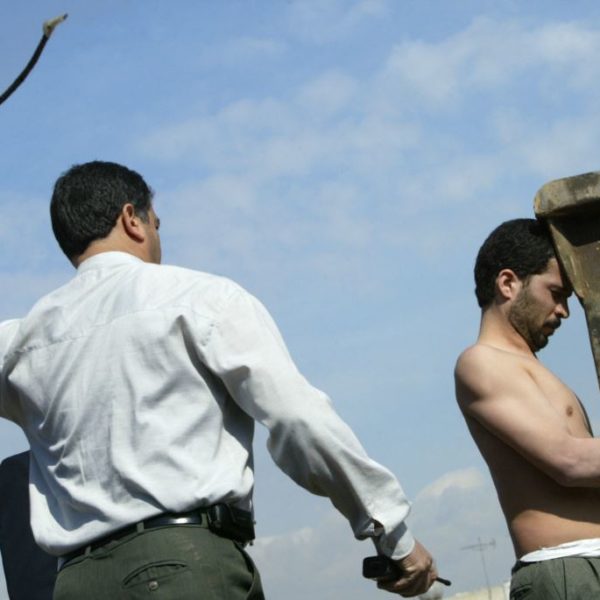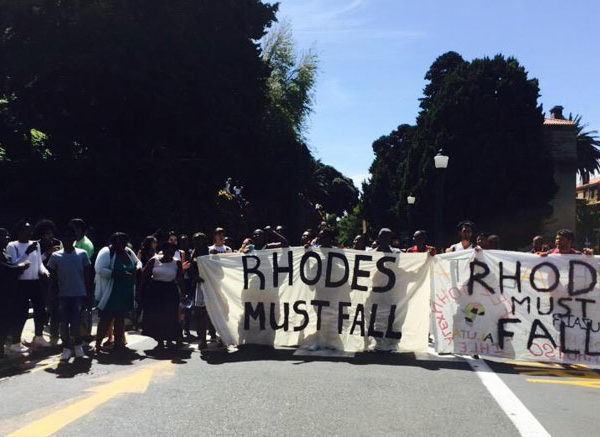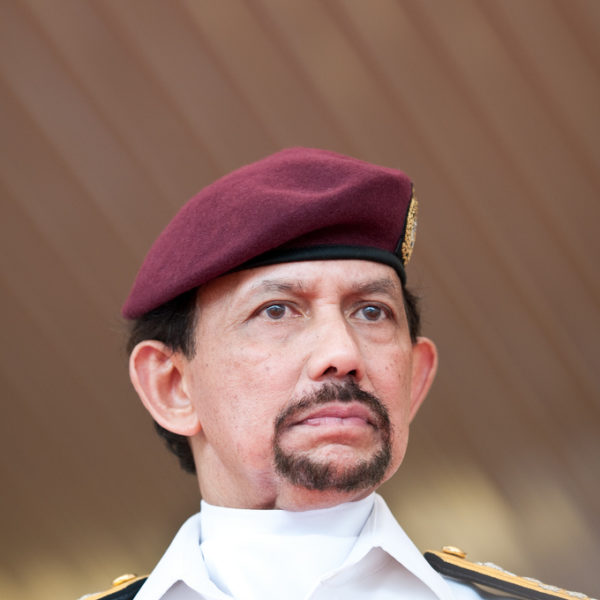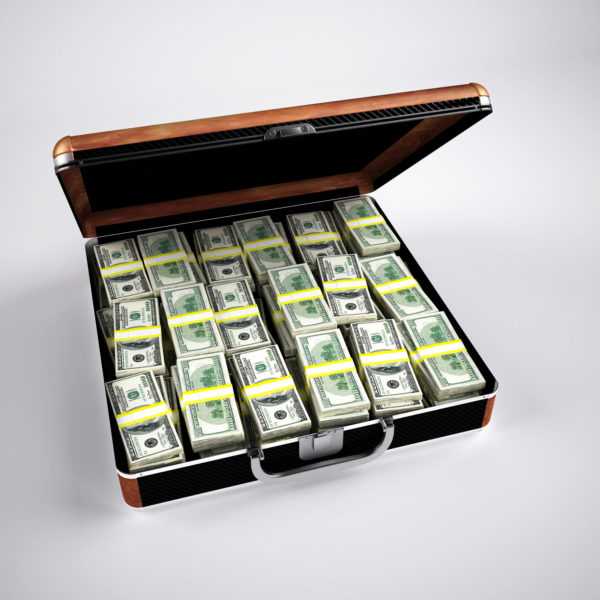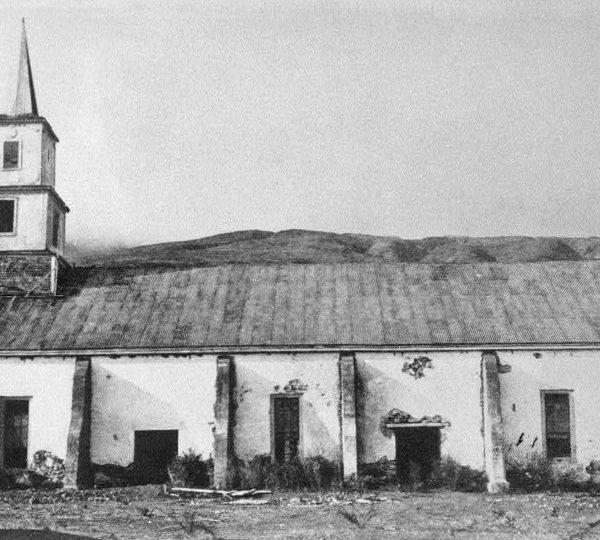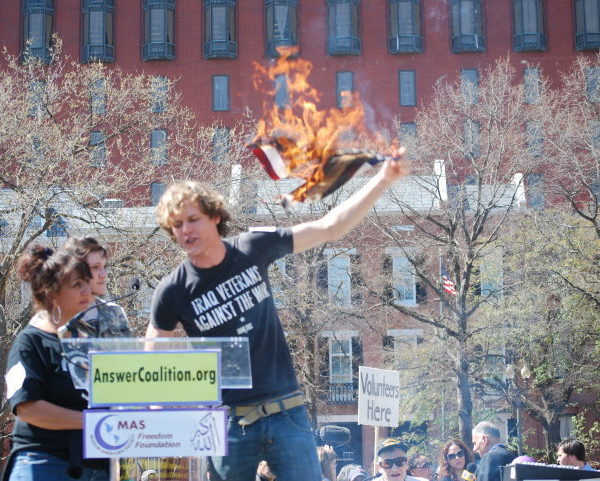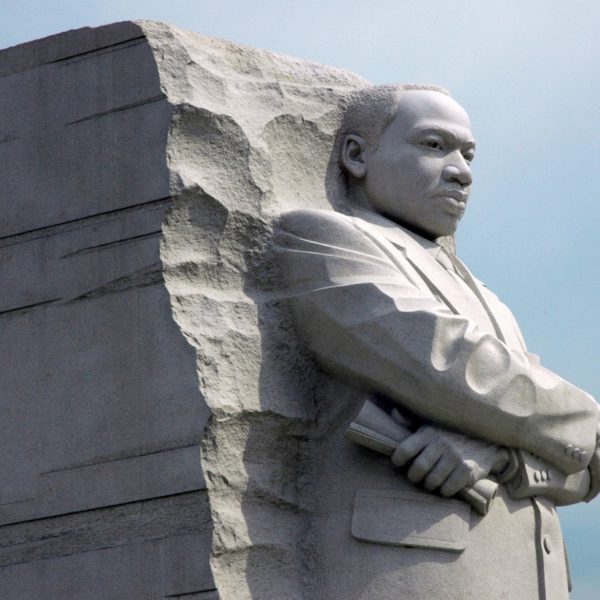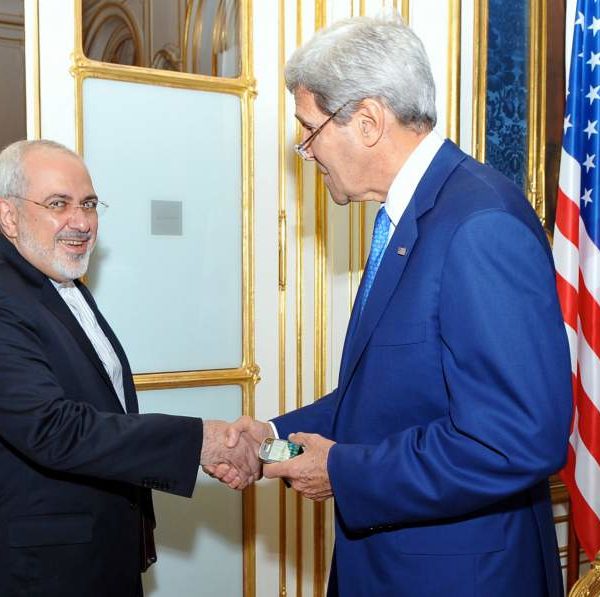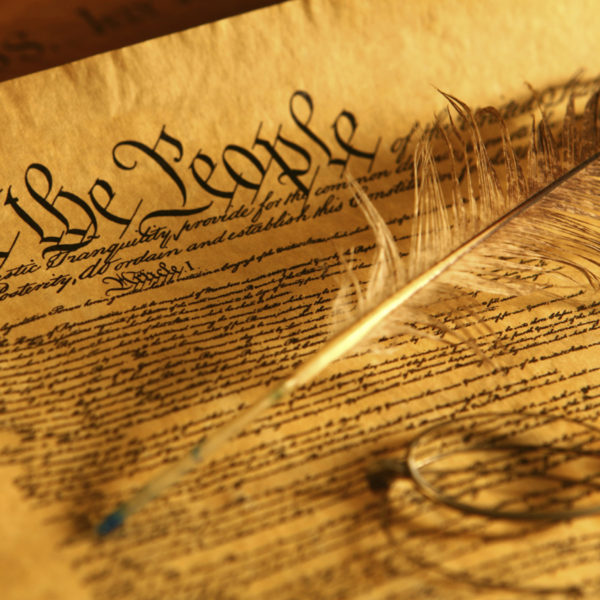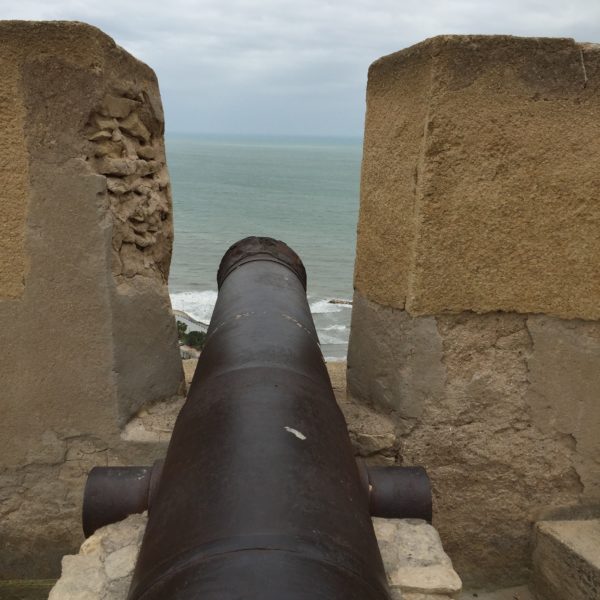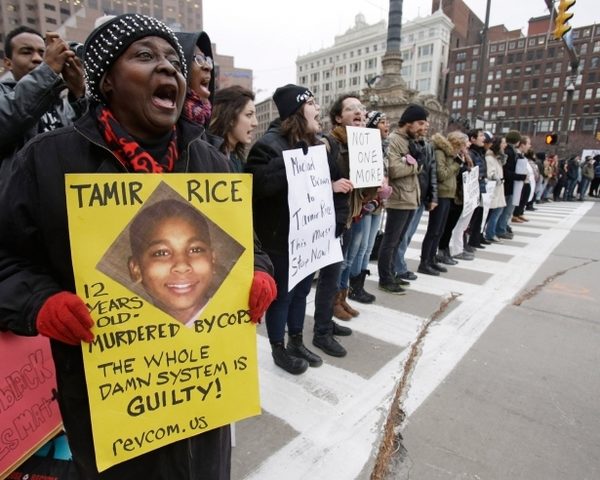
In this week’s edition of QUICK TAKES, we take a hard look at the race crisis in America in light of the death of Freddie Gray and the turmoil in Baltimore. We posed the following questions to our contributors: What do the seemingly regular reports of deaths of young black men at the hands of police officers as well as the resulting protests tell us about the conditions of race and race relations today?
